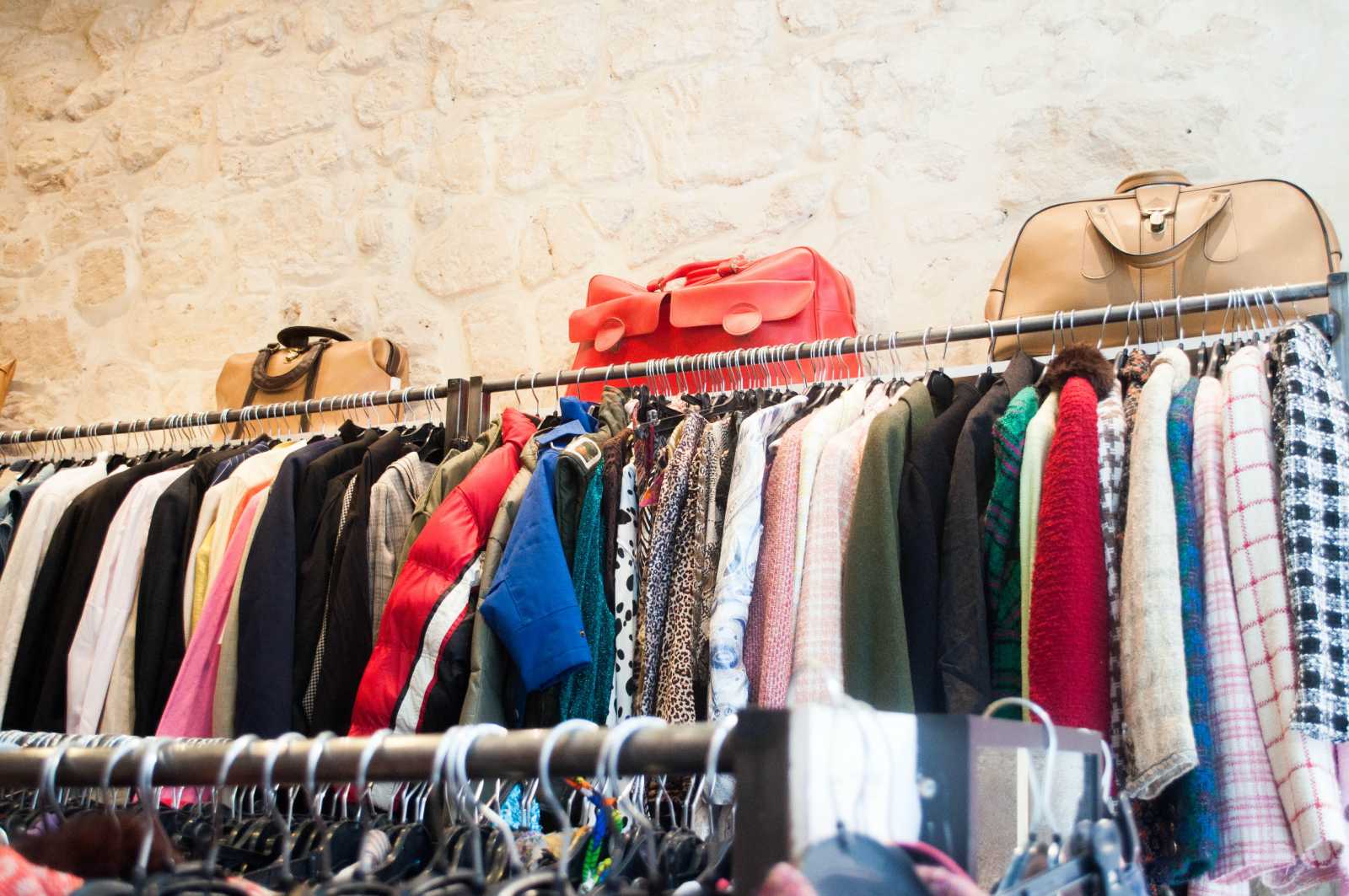The textile and fashion industry is a major global economic force, but it has long been associated with pollution and waste. With an increased focus on sustainability and environmental consciousness, the concept of the circular economy is transforming the way we produce, consume, and dispose of clothing. In the United Kingdom, the shift towards sustainable fashion has led to significant changes in the industry, as designers, manufacturers, and consumers embrace more eco-friendly practices. This article will delve into the concept of the circular economy and its impact on the textile industry, while highlighting the key players and trends in sustainable fashion in the UK.
Table of Contents
Understanding the Circular Economy
The circular economy is an economic model that focuses on the minimisation of waste and the efficient use of resources. It aims to move away from the traditional linear “take-make-waste” model of production and consumption, and instead promotes a closed-loop system where materials are continually reused, repaired, and recycled. The core principles of the circular economy include:
- Designing out waste and pollution
- Keeping products and materials in use
- Regenerating natural systems
These principles have inspired businesses across various industries to adopt more sustainable practices, and the textile and fashion sectors are no exception.
The Impact of the Circular Economy on the Textile Industry
The implementation of the circular economy in the textile industry has given rise to several major shifts and trends:
1. Sustainable Materials and Production Methods
Traditional textile production relies heavily on non-renewable resources like petroleum-based synthetic fibres and water-intensive natural fibres like cotton. The circular economy encourages the use of sustainable, renewable, and recycled materials, such as:
- Organic cotton, which requires less water and fewer pesticides to cultivate
- Recycled polyester, made from plastic waste like PET bottles
- Biodegradable fibres, such as Tencel and Modal, derived from responsibly managed forests
Additionally, sustainable production methods like waterless dyeing, low-impact dyeing, and the use of plant-based dyes are gaining traction in the industry, reducing the environmental impact of textile manufacturing.
2. Proliferation of Repair and Upcycling Services
To extend the lifespan of garments and reduce waste, the circular economy emphasises the importance of repair, upcycling, and repurposing. A growing number of fashion brands and independent businesses in the UK are offering repair services for clothing, while upcycling workshops and tutorials have become popular among consumers.
3. Increased Emphasis on Recycling and Reusing
Textile recycling has become a key aspect of the circular economy, with businesses and consumers alike recognising the value of repurposing discarded clothing and fabric scraps. Many UK-based fashion brands now incorporate recycled materials into their designs, while initiatives like clothing donation bins and recycling programmes have become commonplace.
4. Growth of the Rental and Second-hand Market
The circular economy promotes the idea of access over ownership, leading to a boom in the rental and second-hand clothing market in the UK. Rental platforms, such as Rent the Runway and HURR Collective, allow consumers to borrow high-quality garments for a fraction of the purchase price, while second-hand platforms like Depop and Vestiaire Collective facilitate the resale of pre-loved clothing.
Key Players in the UK’s Sustainable Fashion Scene
The rise of the circular economy in the textile industry has given prominence to several UK-based brands and organisations that champion sustainable fashion:
1. Stella McCartney
As a pioneer in sustainable luxury fashion, Stella McCartney’s eponymous brand is committed to ethical and eco-friendly practices throughout its supply chain. The brand uses innovative materials like regenerated cashmere and vegan leather, and supports the circular economy through initiatives such as its ‘Stella McCartney Cares Green’ programme, which offers a repair service and encourages recycling.
2. Christopher Raeburn
Christopher Raeburn is a British designer known for his innovative approach to sustainable fashion. His brand, Raeburn, utilises upcycled military fabrics and surplus materials in its designs, showcasing the potential of repurposing and recycling in the textile industry.
3. E.L.V. Denim
E.L.V. Denim, founded by Anna Foster, is a sustainable denim brand based in East London. The brand repurposes discarded denim to create unique, one-of-a-kind garments, minimising waste and promoting the reuse of materials.
4. Fashion Revolution
Fashion Revolution is a global movement that advocates for transparency and sustainability in the fashion industry. In the UK, the organisation hosts events such as Fashion Revolution Week, which promotes circular economy principles through workshops, panel discussions, and sustainable fashion shows.
5. The Sustainable Angle
The Sustainable Angle is a UK-based non-profit organisation that focuses on the promotion of sustainable textiles and materials. The organisation hosts the annual Future Fabrics Expo, which showcases sustainable textiles and innovations from around the world, inspiring designers and manufacturers to adopt eco-friendly practices.
Conclusion
The circular economy has undeniably had a transformative effect on the textile industry, both globally and in the UK. By encouraging the use of sustainable materials, promoting repair and upcycling, and supporting recycling initiatives, the circular economy is driving a shift towards more environmentally responsible practices in the fashion world. As more brands, organisations, and consumers embrace the principles of the circular economy, the textile industry is gradually becoming more sustainable, creating a greener future for fashion in the United Kingdom and beyond.

